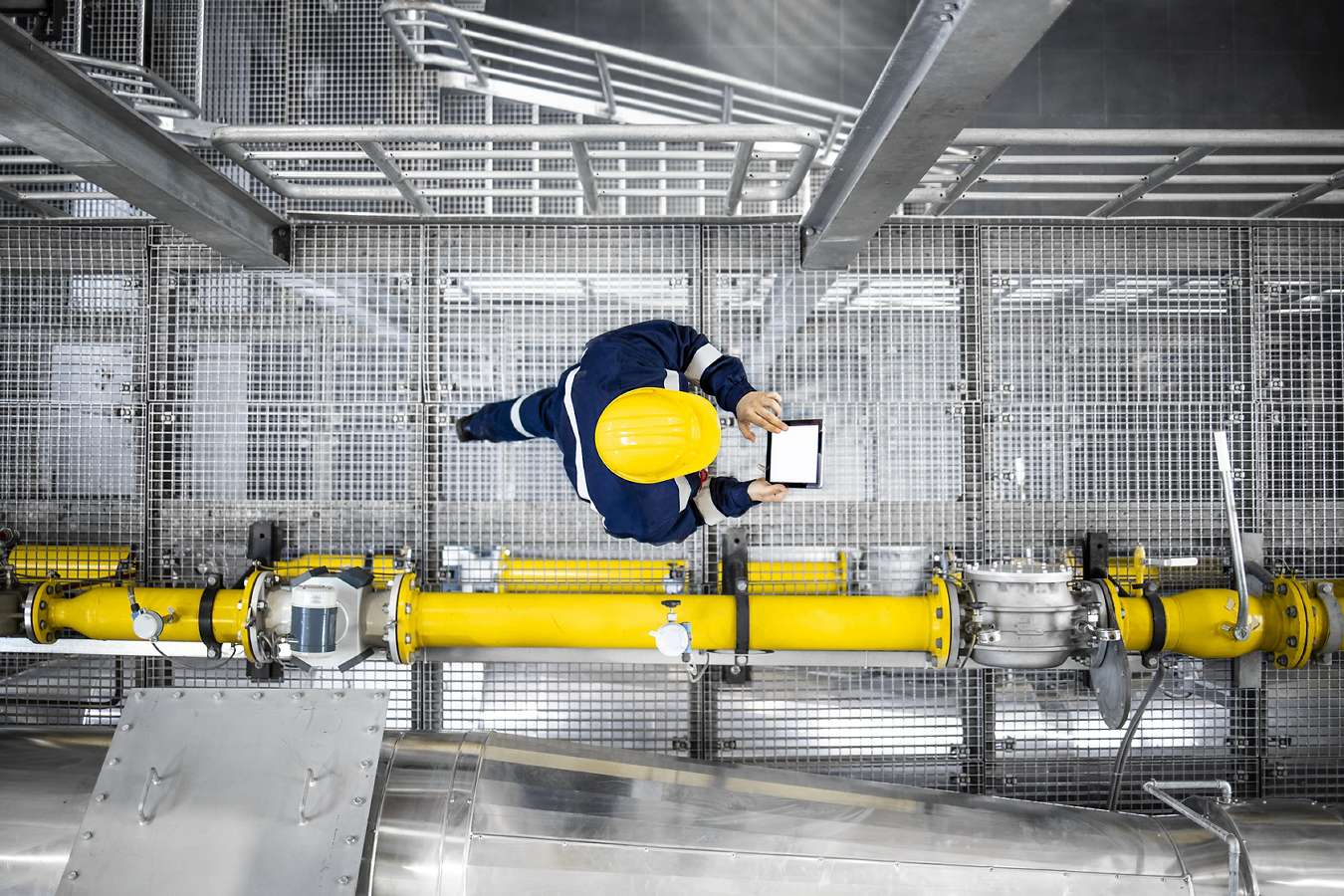A major international oil company operates a platform off the shore of Nigeria and a Floating Production, Storage, and Offloading (FPSO) unit off the coast of Angola.
Several gas turbines are operated on these plants to drive compressors and generators. Aero derivative engines are typically considered on platforms and FPSO units due to space and weight constraints. During the commissioning of the plant or restart activities, turbines must run on diesel until the fuel gas (associated gas produced with the oil) is available. In some cases, the gas is not readily available, meaning that the turbogenerators must run on diesel for extended periods (up to 3 months). The diesel run lasted less than a day on the platform for the FPSO.
Diesel must be filtered to remove contaminants such as heavy metals, additives, gums, and bacteria, which is a common problem in West African diesel production. Aero derivative engines require finer protection compared to heavy-duty gas turbines or diesel engines.
The diesel treatment was similar in these two plants. Before entering the combustion chamber, the diesel was filtered through a 3-micron filter, followed by a gear pump, then a 10-micron filter, and a 5-micron "last chance" filter upstream of the injectors. The diesel flow rate is 10 m3/h (44 gpm) per turbine.
-
Challenge
-
Solution
-
Results
The client has experienced severe issues with the filters' service life during the commissioning of the turbogenerators on both the platform and the FPSO. During the first runs on the platform, the 5-micron filters fouled within 10 minutes. This required shutting down the turbine and stopping production to replace the filters. These incidents made the start-up laborious and caused significant delays in starting the units.
The same problems arose on the FPSO. In both cases, diesel analyses revealed that the diesel loads stored at the plants were of poor quality (heavy diesel containing mud-like particles).
Pall quickly solved both rapid plugging issues by shipping standard filter vessels within a week.
A single-stack Ultipleat ® High Flow filter vessel was supplied for the platform and the FPSO. It was installed by the customer upstream of the diesel skid on one machine to protect the existing filters and to help start the generators. Pall's Ultipleat High Flow filter technology was well suited for this application:
- High dirt-holding capacity provided more extended service life
- Only one cartridge was needed to handle the flow rate, allowing the installation of a very compact filter system, which is an essential requirement for offshore applications.
In the meantime, the customer ordered new filter vessels to protect the remaining equipment. On the FPSO, a 4-stack Ultipleat High Flow filter system was ordered to maximize the service life, as the turbines had to be run on diesel for an extended period. Pall supplied 10-micron absolute-rated filters. Polypropylene was selected as a filter media as a trade-off between cost and service life.
The customer was satisfied with the filters' service life. On the platform, the single-stack Ultipleat High Flow filter had a service life of one day, which was long enough to make the gas available. On the FPSO, the 4-stack filter system had a service life ranging between 1 and 3 weeks, depending on the quality of the diesel.
Benefits
Absolute-rated, high-capacity Ultipleat High Flow filters provided:
Better protection of the existing "last chance" filters - no more shutdowns of the turbine to replace those filters
Faster start-up of the plant, leading to earlier oil production and more significant revenues for the company
Continuous operation of the turbine, regardless of the quality of the diesel
Conclusion
The use of aero-derivative gas turbines is widespread in the offshore industry. Turbines are dual fuel and can run on gas or diesel. Diesel is used to feed the turbines during the restart activities but needs to be kept clean, typically at levels below those usually required by the turbine manufacturer. The quality of the diesel is crucial to protect the combustion chamber and the injectors of the turbine. In both cases, Pall demonstrated that a 10-micron absolute-rated filter is efficient enough to protect the turbine and the "last chance" filters installed by the turbine manufacturer.
Ready to discover how our solutions can work for your needs? Contact us to speak to our expert filtration team.
